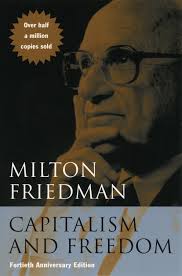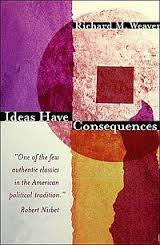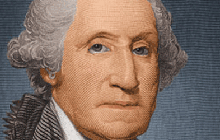The following points summarize this first lesson:
- Conservatives are trying to conserve America’s founding principles, or also known as American Exceptionalism.
- America is exceptional not because it fought a war of independence, but because it established a new political legitimacy.
- This new political legitimacy would be based primarily on three principles stipulated in the US Declaration of Independence:
1.) All men are created equal;
2.) If all men are created equal, than no one man can “divinely” rule over another, therefore true political legitimacy is derived from the consent of the governed;
3.) Our rights do not come from government but instead come from the “laws of Nature and of Nature’s God.”
- “Fusion” conservatism was the coming together of the three major branches that primarily make up the conservative movement – Libertarians, Traditionalists, and Anticommunists.
- Libertarians emphasize a limited government that would secure an individual’s liberty and free markets, that political freedom and economic freedom were inextricably linked.
- Traditionalists emphasize the preservation of the civil society (families, schools, churches, local communities and private associations), and believe in a transcendent moral order that has been passed down through the great traditions of Western Civilization, derived from ancient Jerusalem, Athens, Rome and London.
- Anticommunists believed the greatest foreign threat after WWII was the rise of international communism personified by Stalin’s Soviet Russia, Mao’s Red China, and a rising collectivist sentiment here at home.
- The greatest threat to conservatism and the American tradition is the progressive movement, which seeks to recalibrate the focus of government by expanding its role in society, while de-emphasizing the Founder’s intent of preserving individual liberty.
- The progressive philosophy is based on three fundamental principles – relativism, positivism, and historicism.
- Today, conservatives believe in certain basic principles, including: Individual Liberty, Limited Government, Free Markets, a Constitutional Order, Strong National Defense, and Preserving the Civil Society.
- Quoting Mark Levin from his book Liberty & Tyranny, “conservatism is the antidote to tyranny, precisely because its principles, are the founding principles.”
So where are you in this discussion? Are you a conservative? Why or why not? How does this study of ideas affect your daily life? Continue on to the next session to consider these things further.











